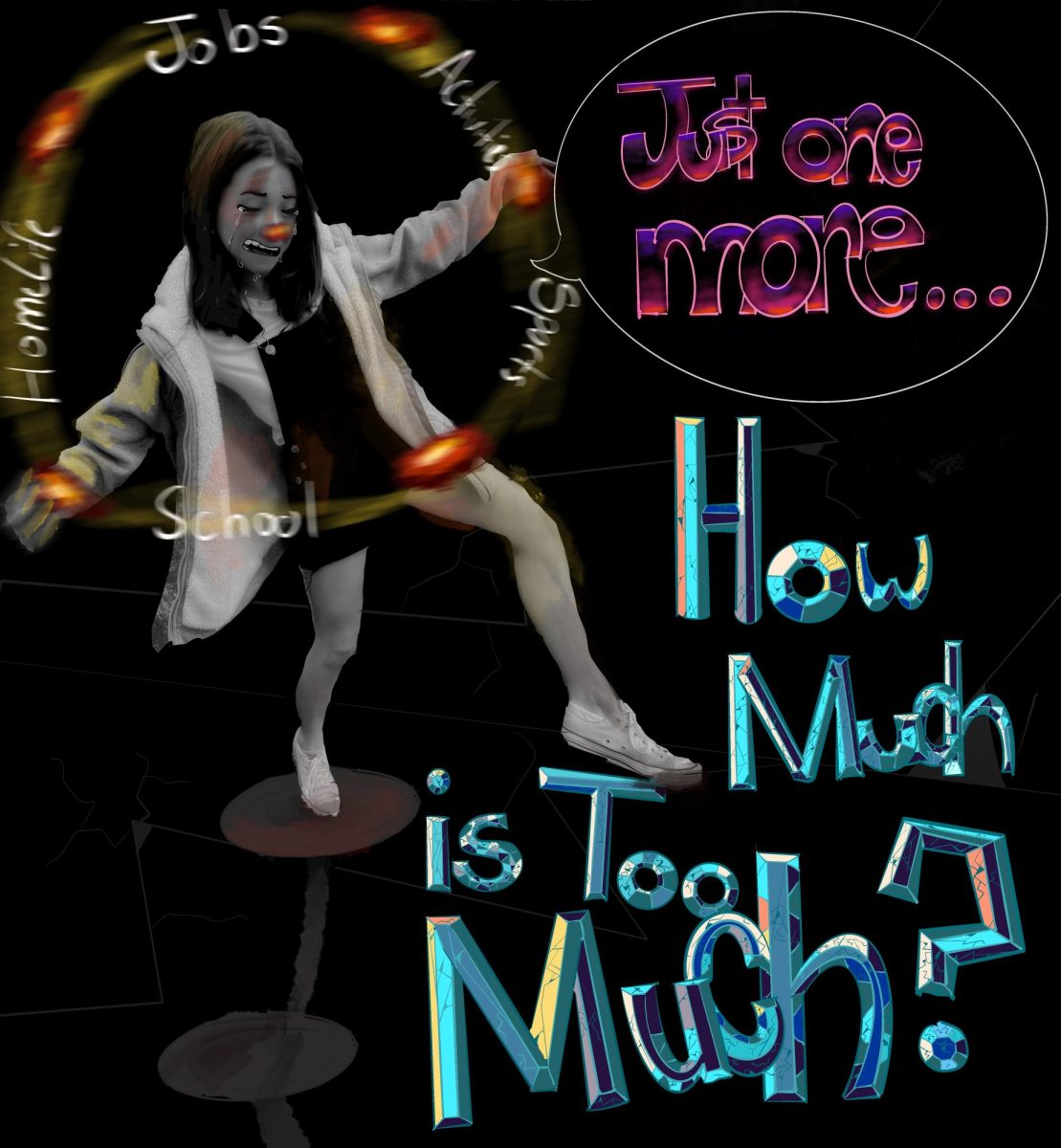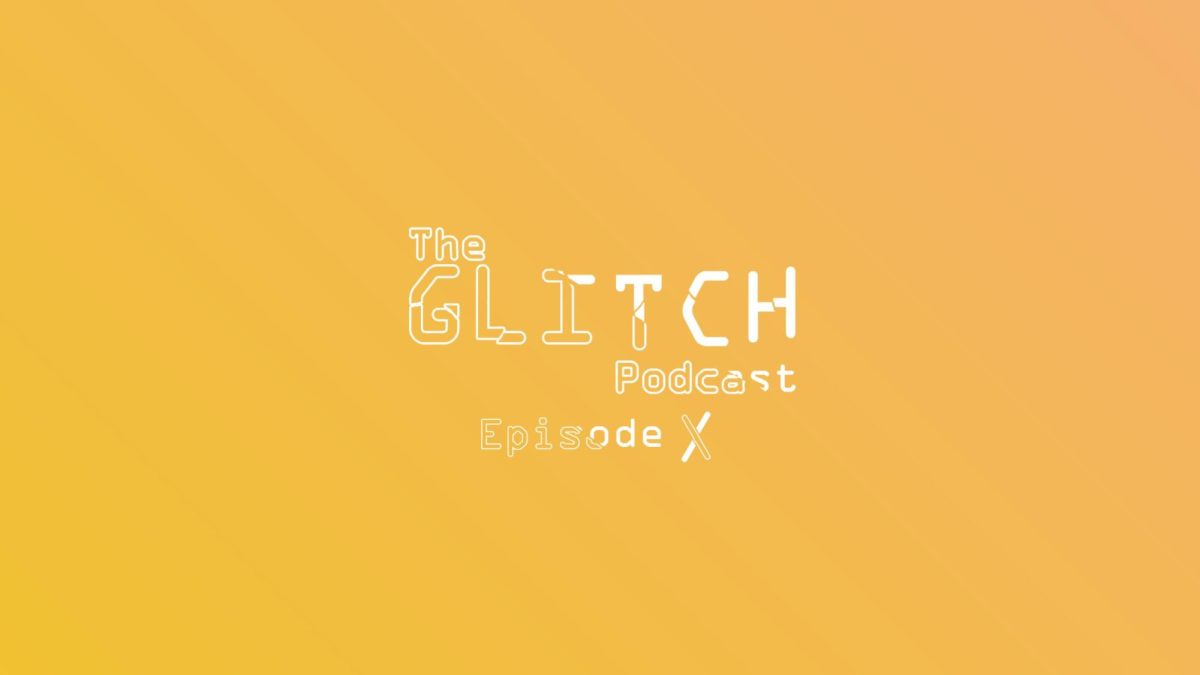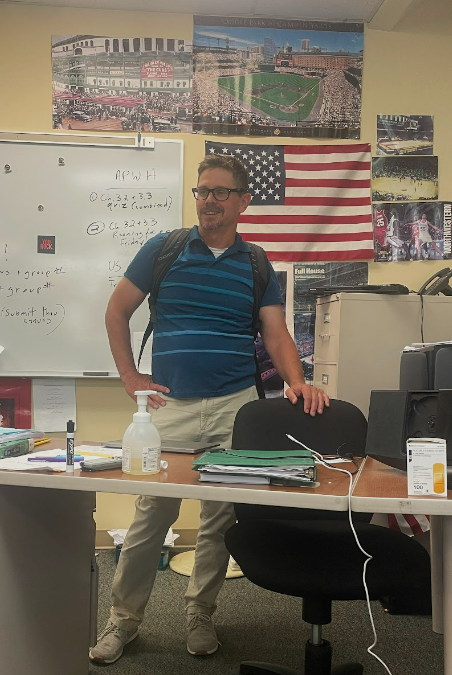FRIDAY FACULTY FEATURE: the History Behind History Teacher Andrew Mulberry
A glimpse into the personal and educational sides of a social studies teacher.
media by Audrey Rea
Andrew Mulberry addresses his seminar class Aug. 30. Mulberry often plays jeopardy with donut rewards to incentivize staying engaged and coming to Seminar. “My best memories are with my current senior seminar class,” Mulberry said.
September 16, 2022
If you’ve ever heard a passionate yell from the social studies pod, odds are, it was social studies teacher Andrew Mulberry. Tucked away in the back corner of the 5000s, Mulberry has called room 5800 home for nine years.
As a previous AP European History teacher, and now an AP Modern World History and regular US History teacher, Mulberry has shared his love of teaching history with Rock Canyon.
“I couldn’t love the people I work with [more] and the administration has been great, so I’m pretty happy with that,” Mulberry said.
Q: How long have you been teaching and then how long have you been teaching at Rock Canyon?
A: This will be my 29th year teaching and this will be my ninth year at Rock Canyon.
Q: Where did you grow up?
A: I grew up in Central Illinois in a little town called Metamora, right outside of Peoria, Illinois and I had one brother and two sisters. I [lived] with both parents, but my dad passed away when I was in seventh grade.
Q: Can you describe your family for me?
A: My son is [adopted] from Milwaukee, Wisconsin. He’s nine and his name is Kean. One of the cool things is that he’s in the 98th or 99th percentile for height. And then my wife, we’ve been married for 22 years now I think. She used to be a professor at Regis University, and now she’s taking a job working for a group called Stride at a clinic.
Q: How do you spend your weekends?
A: As my son gets older, lots of basketball tournaments. I am actually coaching his fall baseball team every Sunday. I am also a gigantic Illinois football fan, just Illinois sports in general, so I’ll be watching a lot of Illinois football games on Saturdays over the next couple of weeks.
Q: Where did you go to college and why did you choose there?
A: I went to Illinois Wesleyan University. It’s a small school… I went there to play baseball. I would have loved to have gone to the University of Illinois, but I wasn’t good enough to play baseball there, so I ended up [at Illinois Wesleyan University] instead. But in the end, it was good because it’s a small school, and since I grew up in a very small town, it was kind of a decent transition and wasn’t a shock to the system.
Q: Why did you decide to become a teacher?
A: My dad was not a teacher but a guidance counselor at a high school, and when he passed away, I saw just how important, especially in a small town, big teachers are to the community… I just realized the impact that you could have on people.
Q: If you couldn’t be a teacher, what would you be? Why?
A: Growing up, I always wanted to be a major league baseball player. I do have regrets of not pursuing, going in, and coaching college baseball. When I was younger, I [thought] that maybe if I’m not good enough to play major league baseball, I could coach at a high level.
Q: Why did you choose Rock Canyon?
A: I actually got the job when I was living in Wisconsin. My wife’s family and I had all moved out here from Illinois. When we adopted, we decided to move close to family, and she didn’t want to move to Central Illinois, so as a result, we decided to move out here. So I just put a bunch of resumes out and one of the places that called me back was Rock Canyon.
Q: What is a subject or unit that you are the most passionate about?
A: For whatever reason, and I think part of it is growing up in a very blue-collar place like Peoria, Illinois, I do enjoy dealing with the Gilded Age. The whole Gilded Age kinda deals with labor versus management and the back and forth.
Q: Do you have a teaching philosophy, and if so, what is it?
A: One of the big things we work on is skills. My expectations are that kids come in having read whatever section they’re responsible for reading, and then we just hone their skills. So, a lot of that is just kids having to develop those skills, and so my philosophy is “lecture as little as possible.”
Q: Where do you see yourself in 10 years?
A: I’m hoping that once my son graduates from school, which will be roughly around 10 years from now, I would love to be able to move back to the midwest. The Denver area is a really good place for him, and right now at his elementary school he has a lot of people who look out for him, but I would love to go back to either Milwaukee or Chicago.



![Minutes before the Activities Fair in the gym, president Abhi Gowda ‘26 prepares the stall for his club Helping Hands, Sept. 4. A relatively new club, Helping Hands was co-started by Gowda and focuses on assisting the homeless, and just last year they succeeded in raising a couple hundred donations to send to shelters. This year, they have goals to expand, with hopes to increase volunteer opportunities and take in-person trips to shelters, as well as extend their help beyond just homeless people. “The Activities Fair gives a lot of underclassmen the opportunity to really get to know the Canyon culture, and it gives them many opportunities for service and volunteering,” Gowda said. “[Through the Activities Fair,] I hope to find a bunch of new and passionate members about our club and just get our name out there and spread awareness to the cause that we’re fighting for.”](https://rockmediaonline.org/wp-content/uploads/2025/09/1-2-1200x885.jpg)
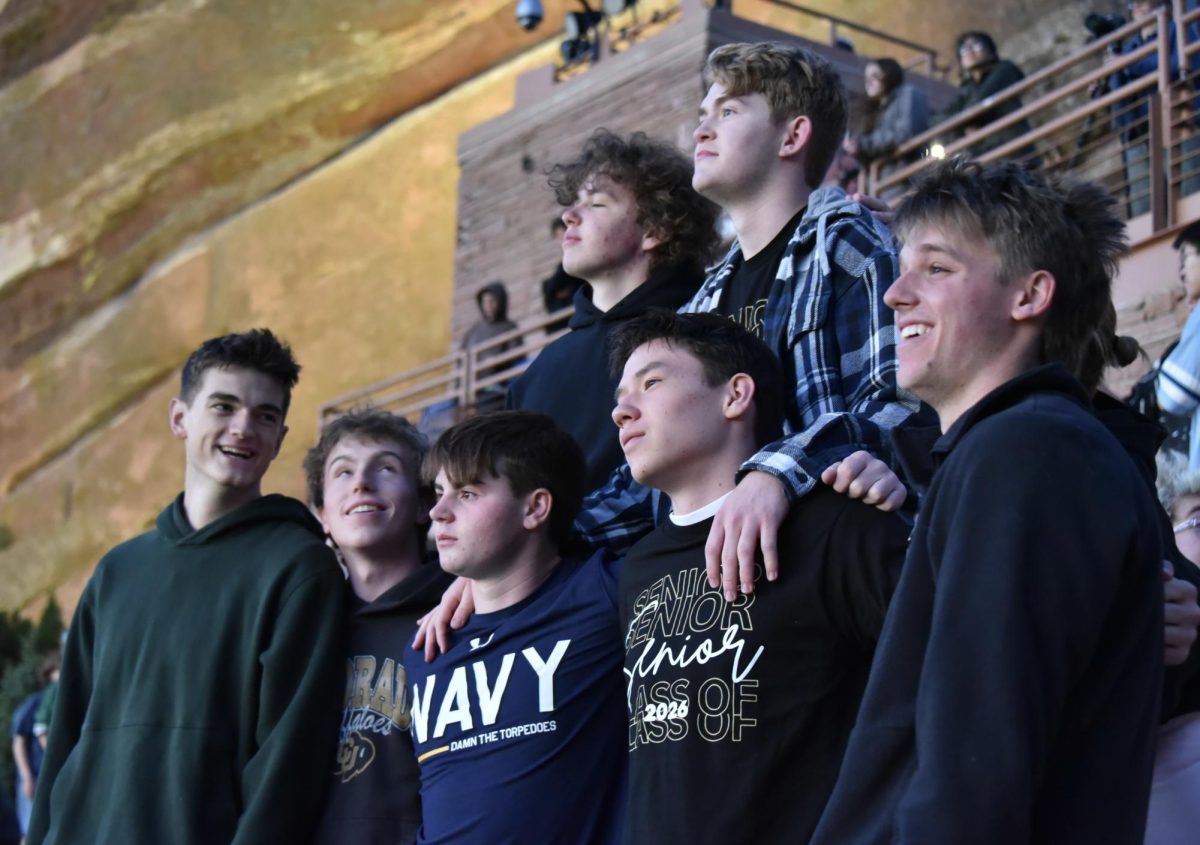
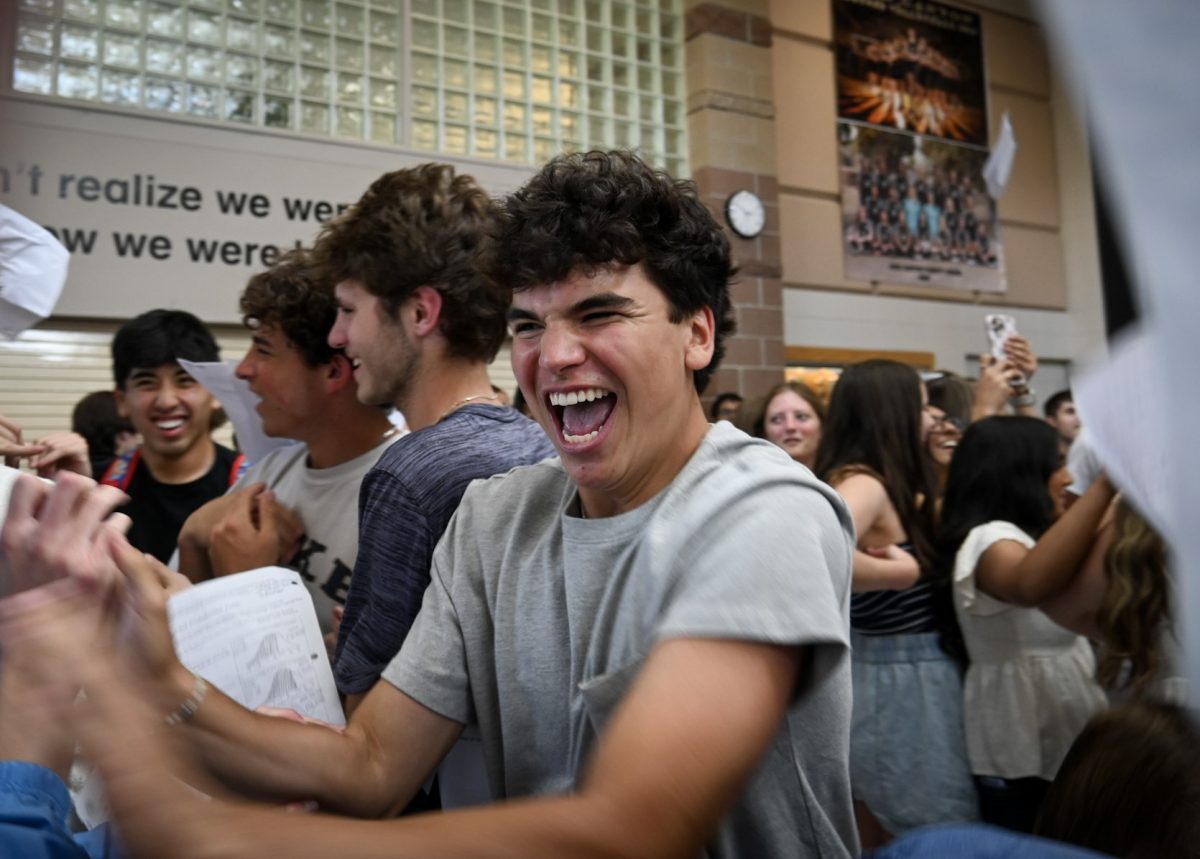

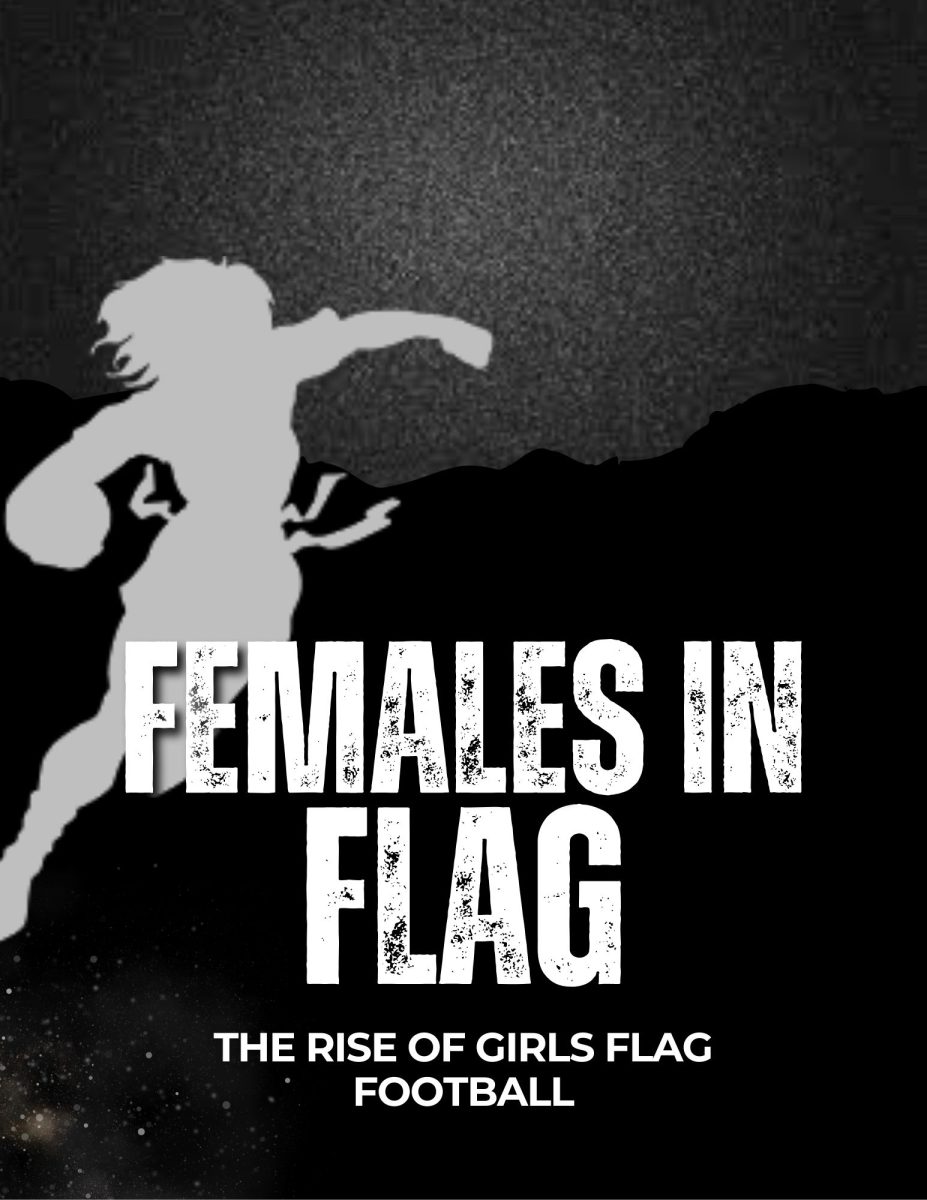
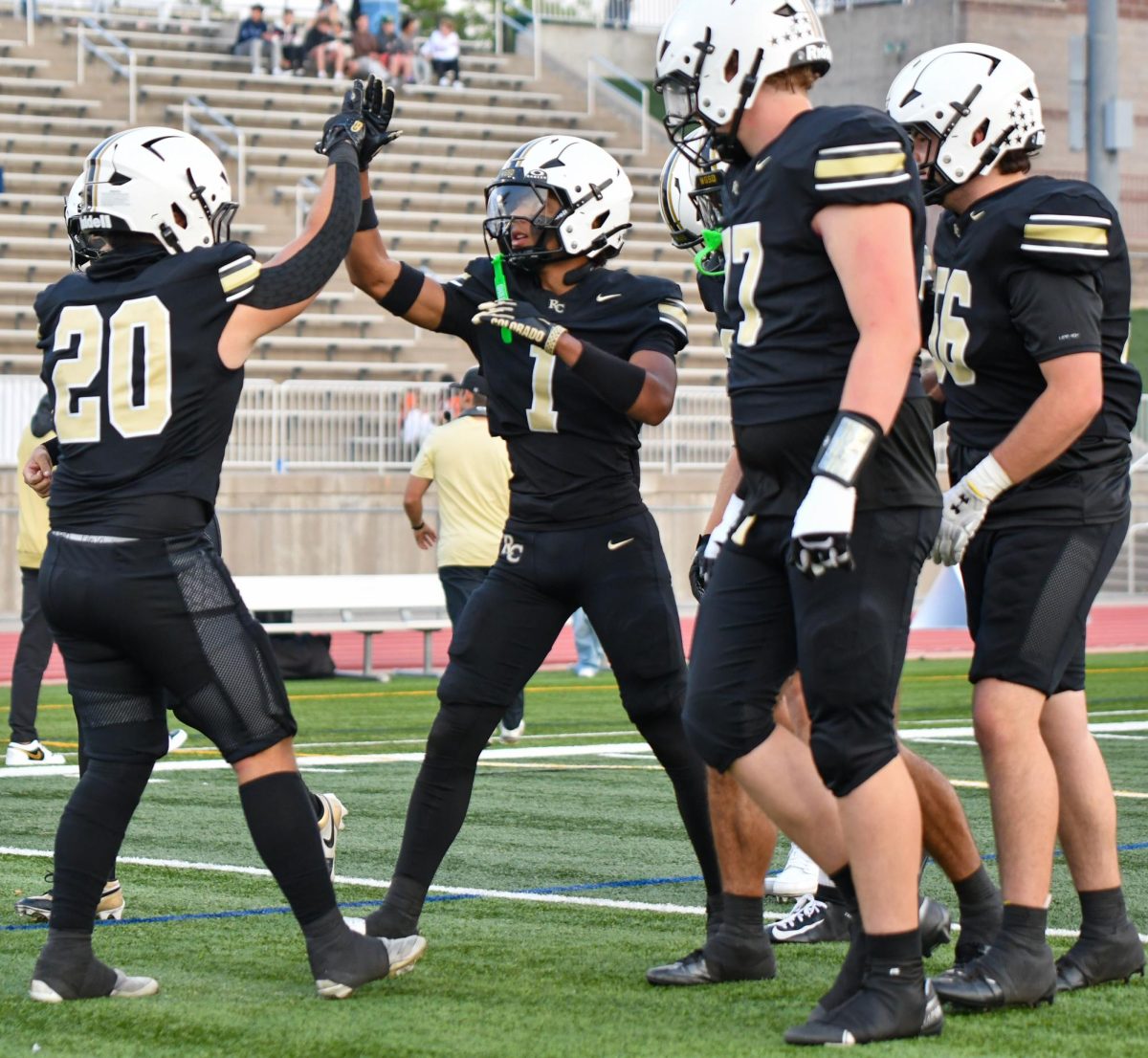
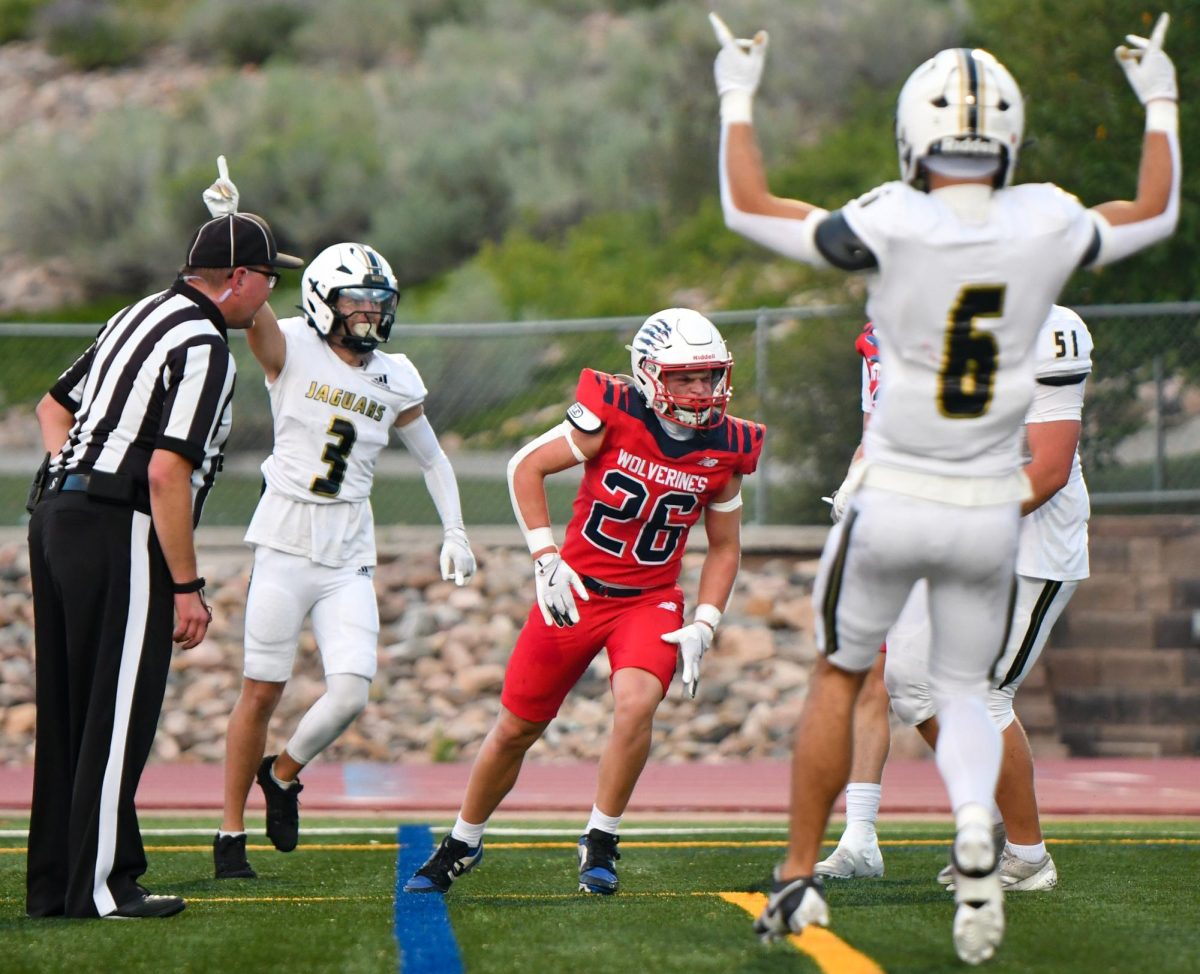

![The winter guard team makes fifth place at the state championship finals in the Denver Coliseum, March 30. The team performed to Barnes Country's “Glitter and Gold,” lead by coaches Margo Sanford, Blair Bickerton and Anna Orgren. In their class there were a total of nine groups participating, and the top five who made it to finals received a plaque. “[Walking onto the stage] is very nerve-wracking, but also very exciting as well. When you first start color guard there's a lot of anxiety and uncertainty when you first perform in front of an audience, but once you've done it for a while, it starts to become the best part of the season,” Ella West ‘25 said. “It's very fulfilling to see an audience react to something you've put your heart and soul into.”](https://rockmediaonline.org/wp-content/uploads/2025/04/Both-socal-media-nd-website-main-1-1200x846.jpg)
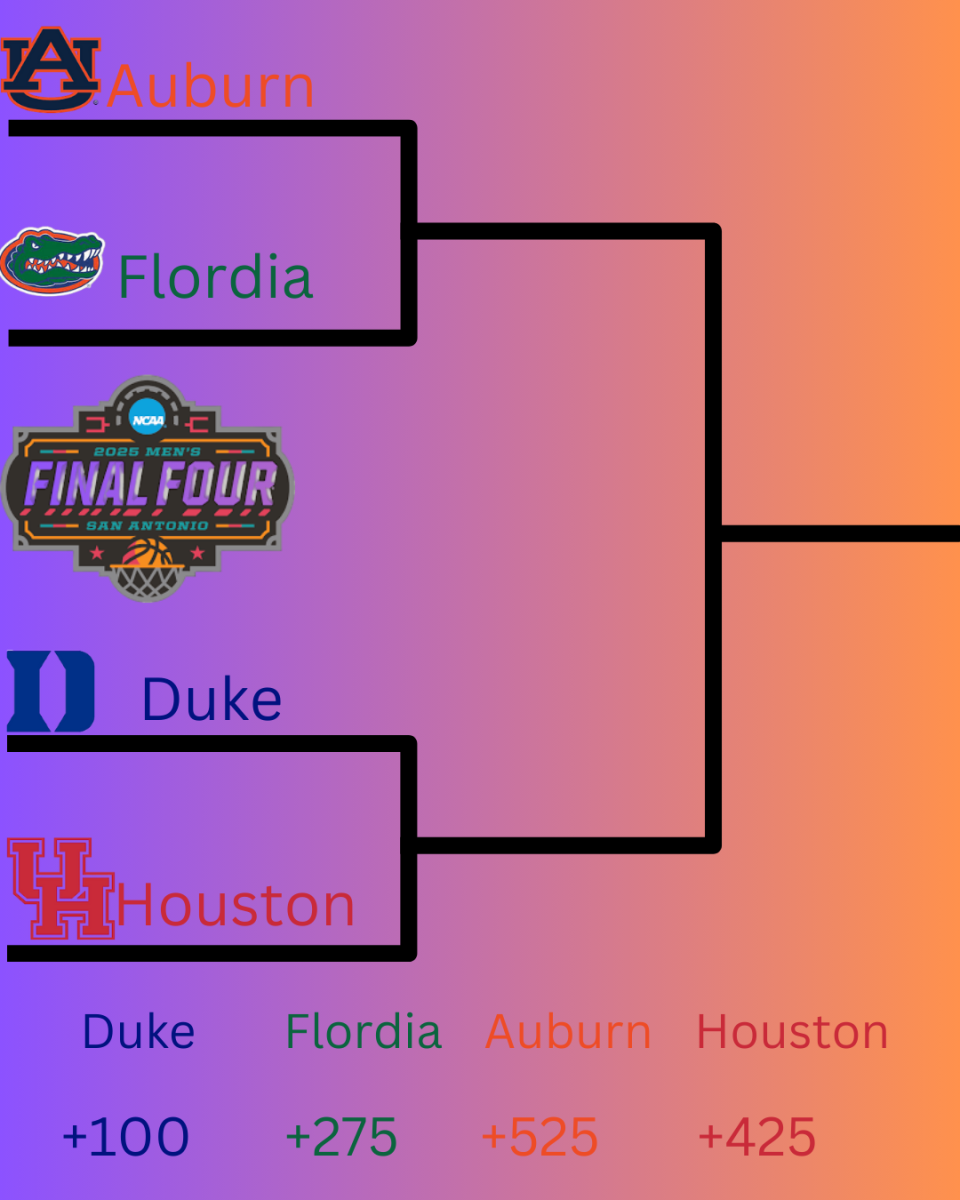

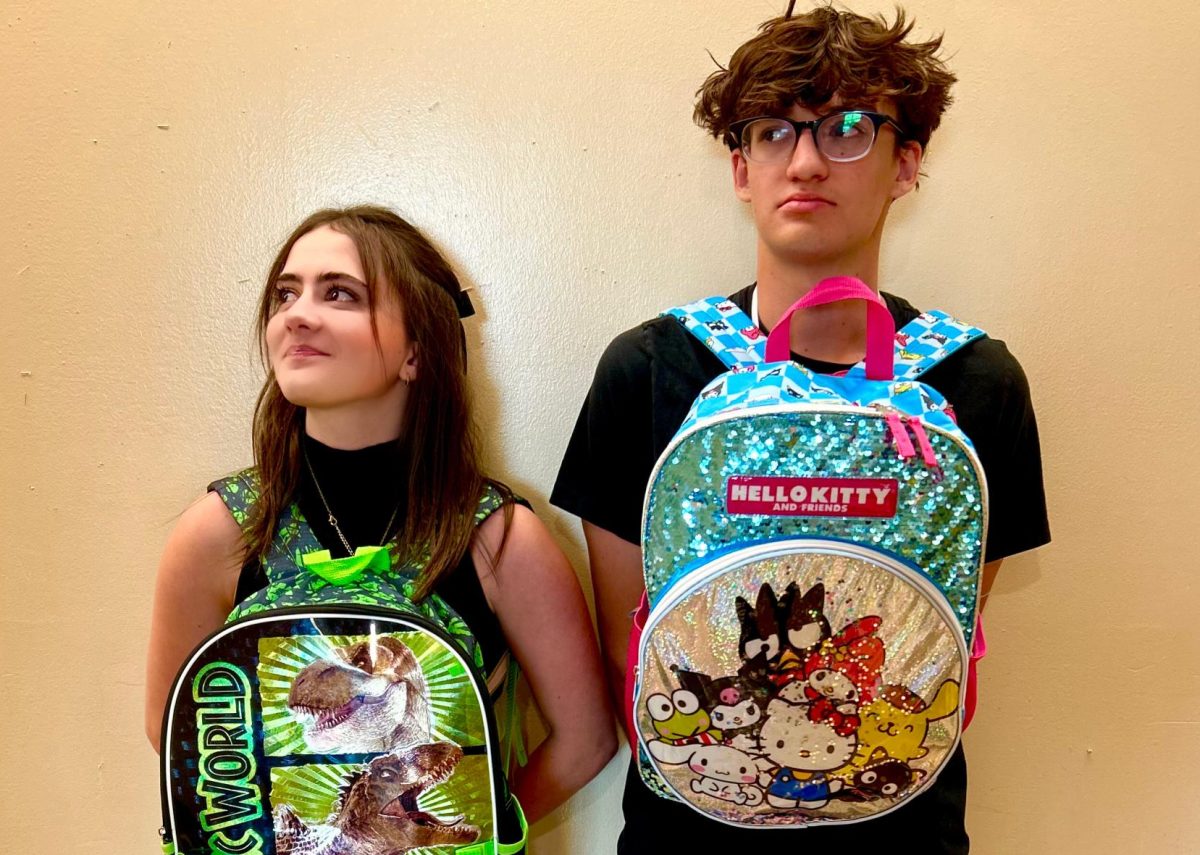
![April marks the 25th anniversary of Sexual Assault Awareness Month, created by the National Sexual Violence Resource Center (NSVRC). This month is to spread awareness of the harassment, assault and abuse that happens around the world. The symbol that represented the month was a teal ribbon; however, some survivors of assault create different symbols and movements like the TikTok trend in 2022, where survivors would tattoo Medusa on their body, in honor of her backstory in Greek Mythology. “I don't think [this month is known] at all. I rarely see anybody talk about it. I rarely see much of an emphasis on posting it online, or much discussion about it, and I feel like there needs to be way more discussion,” an anonymous source said. “I think just validating every experience that a person has gone through, regardless of the degree of it, the severity, is an essential step into making sure that people are aware that this is a very real problem in a society and that we need to do better in addressing it.”](https://rockmediaonline.org/wp-content/uploads/2025/04/IMG_0011-1200x900.jpg)


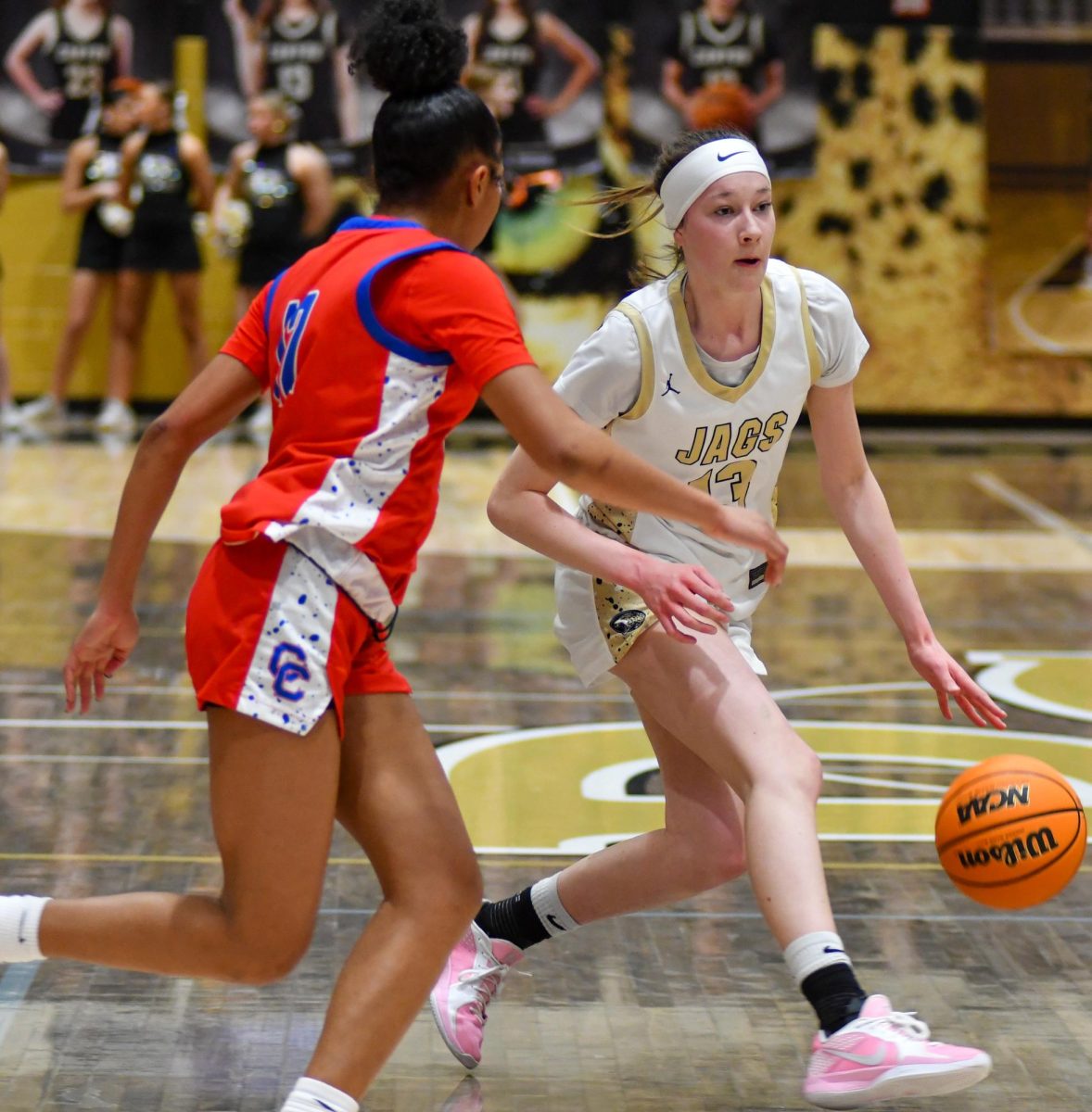
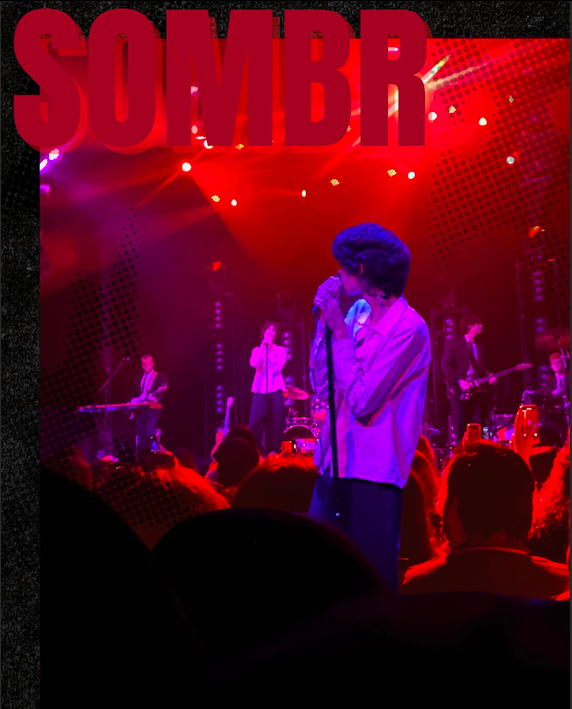

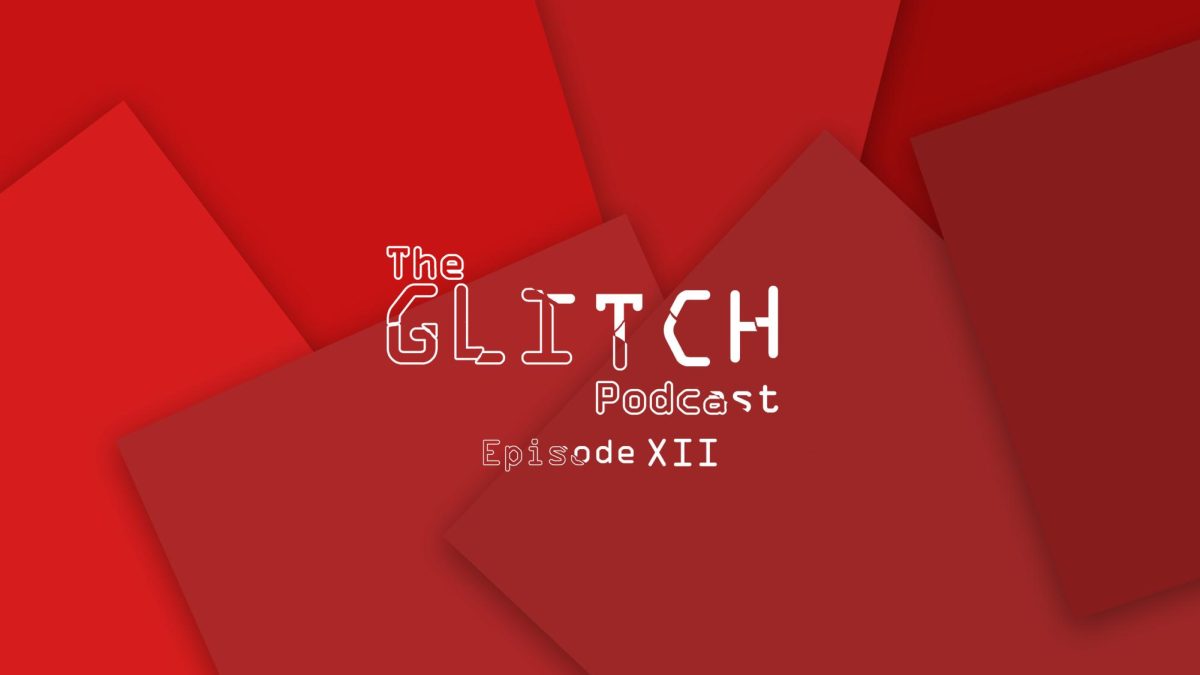
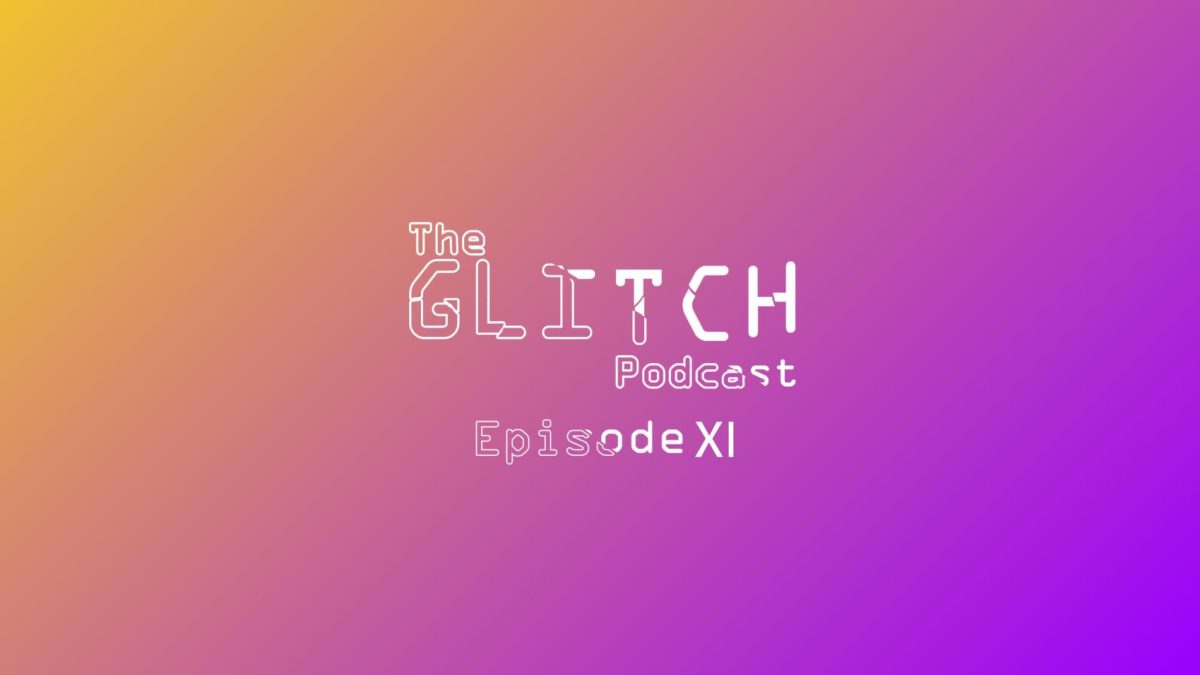
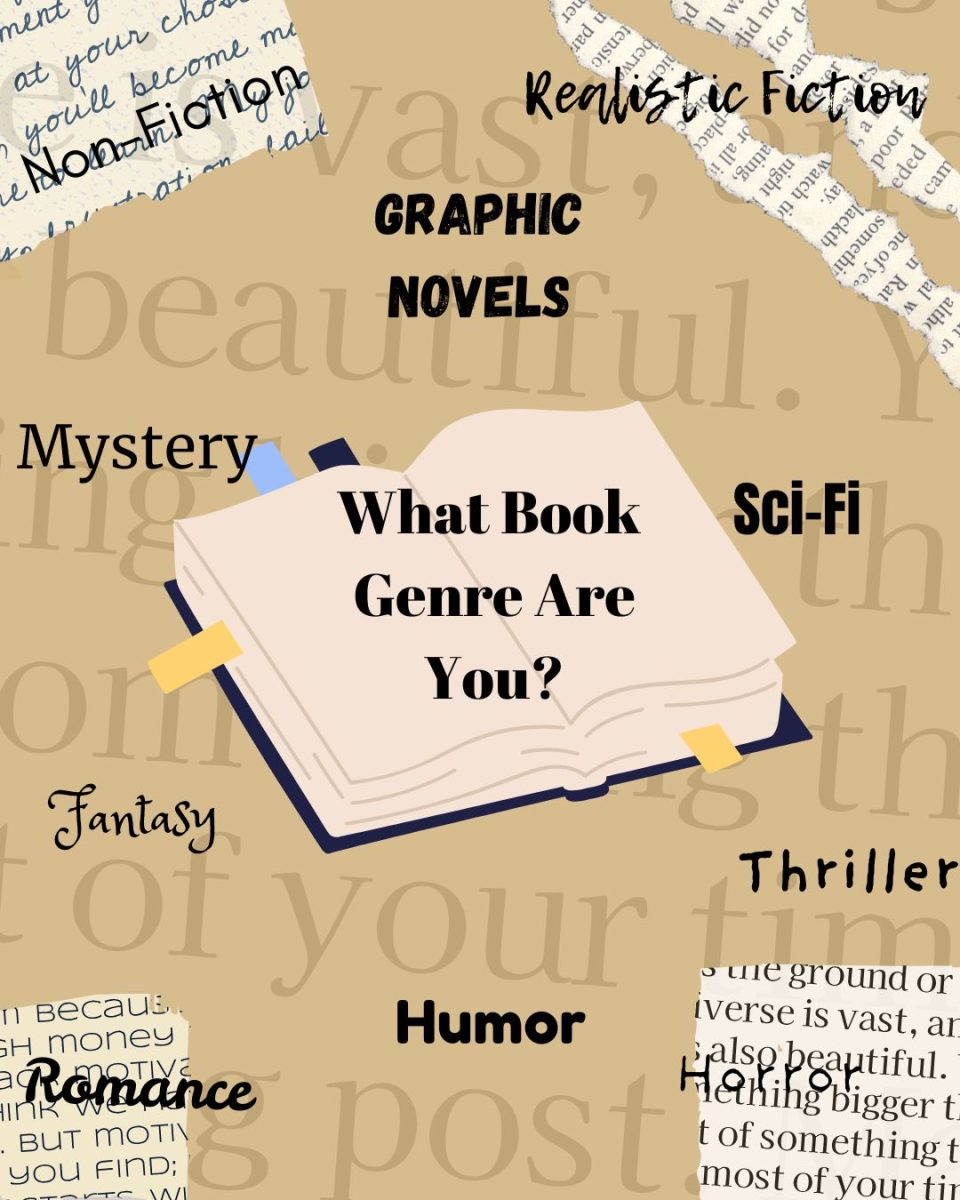
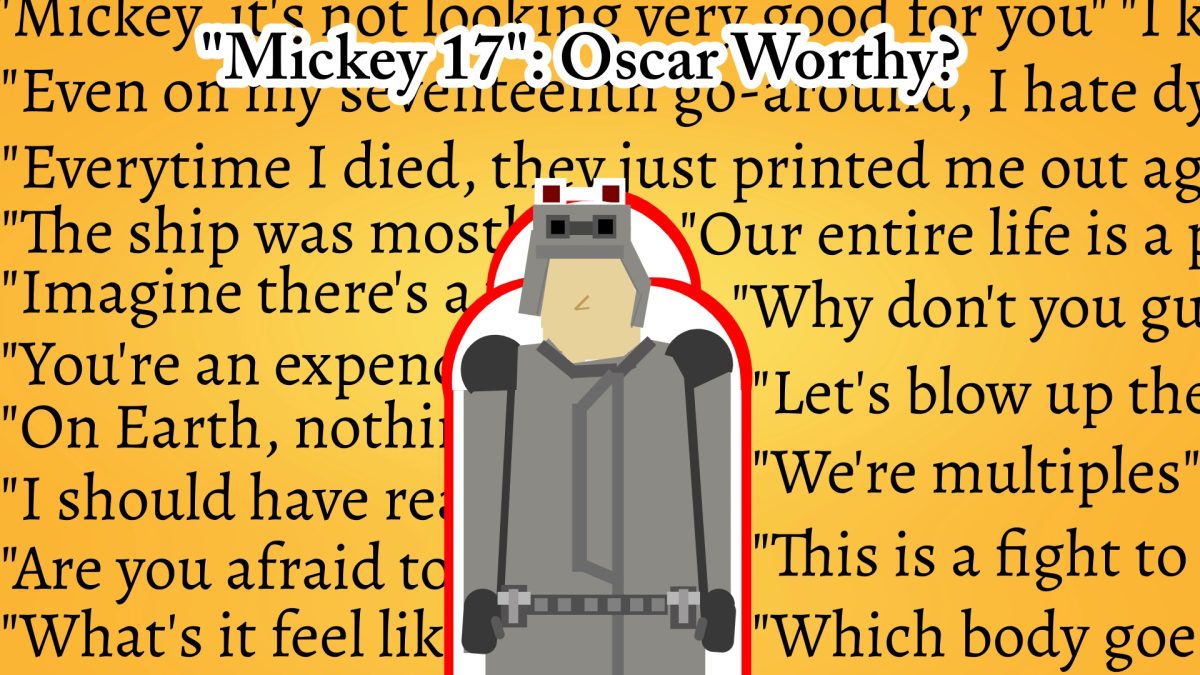
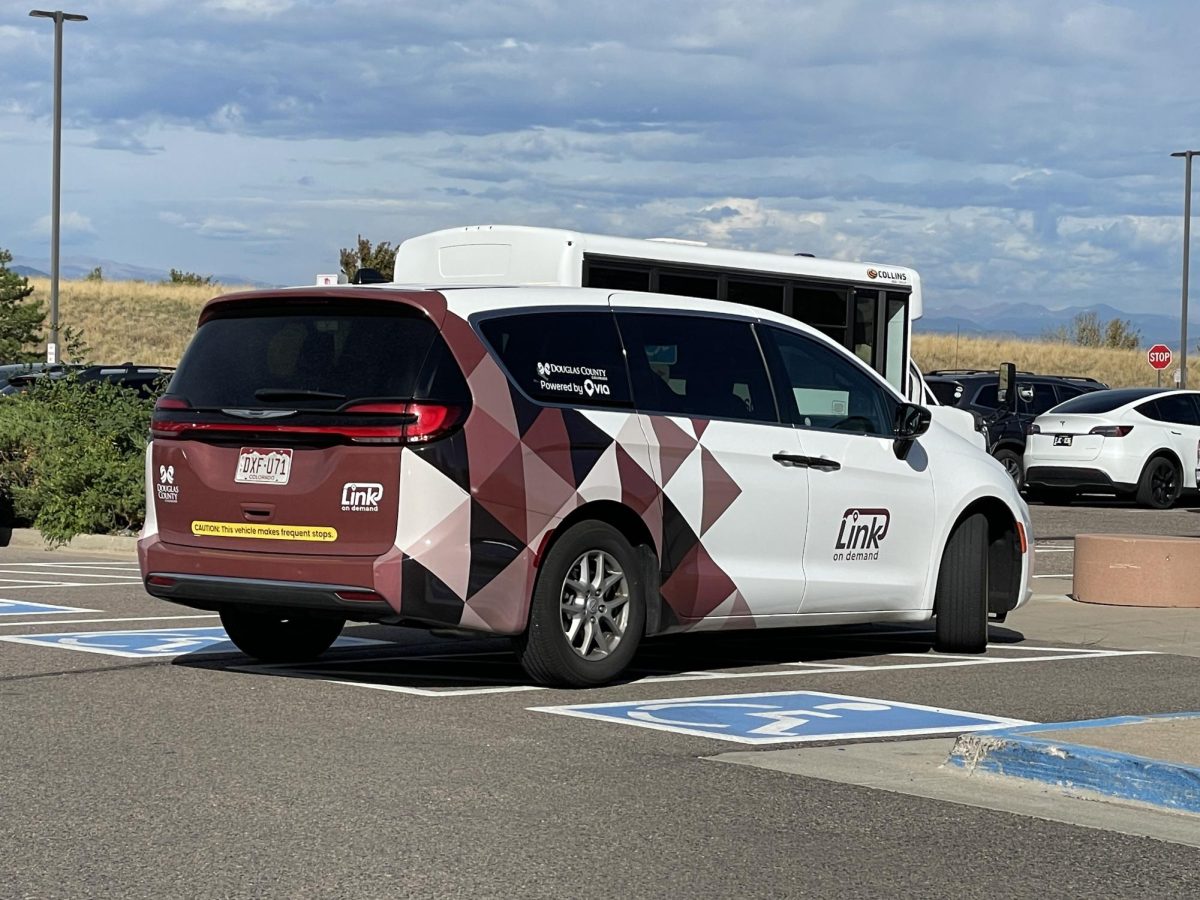
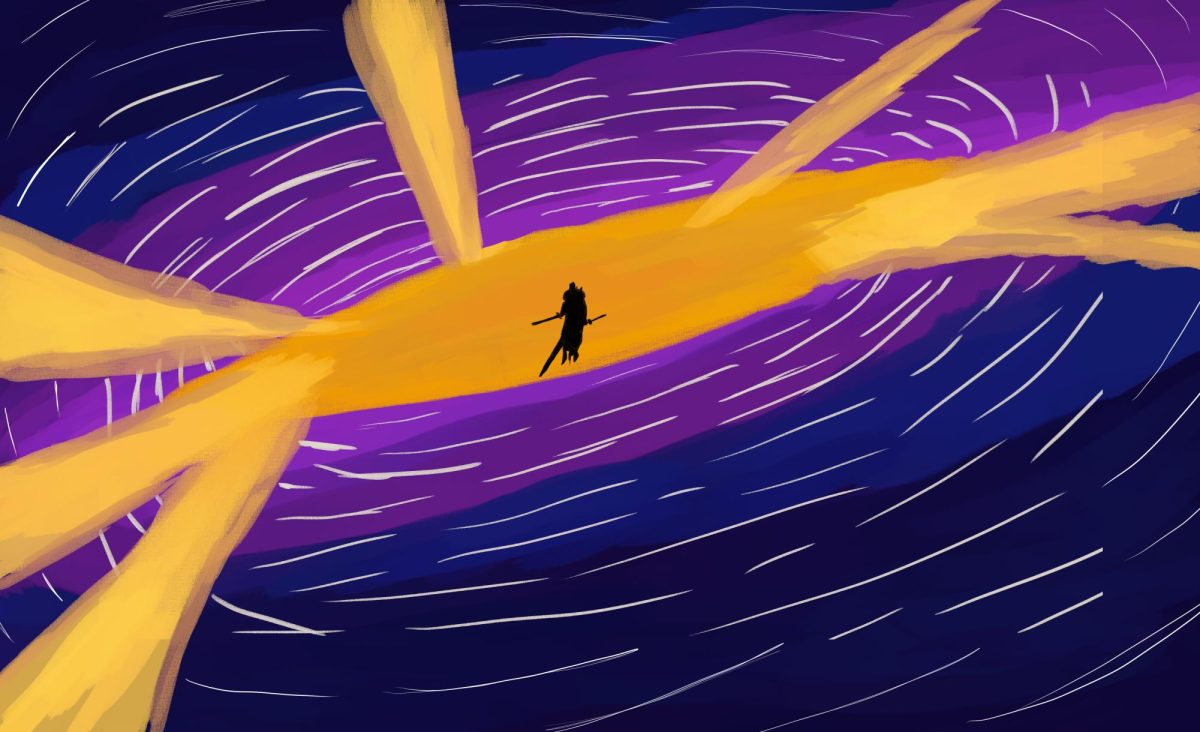
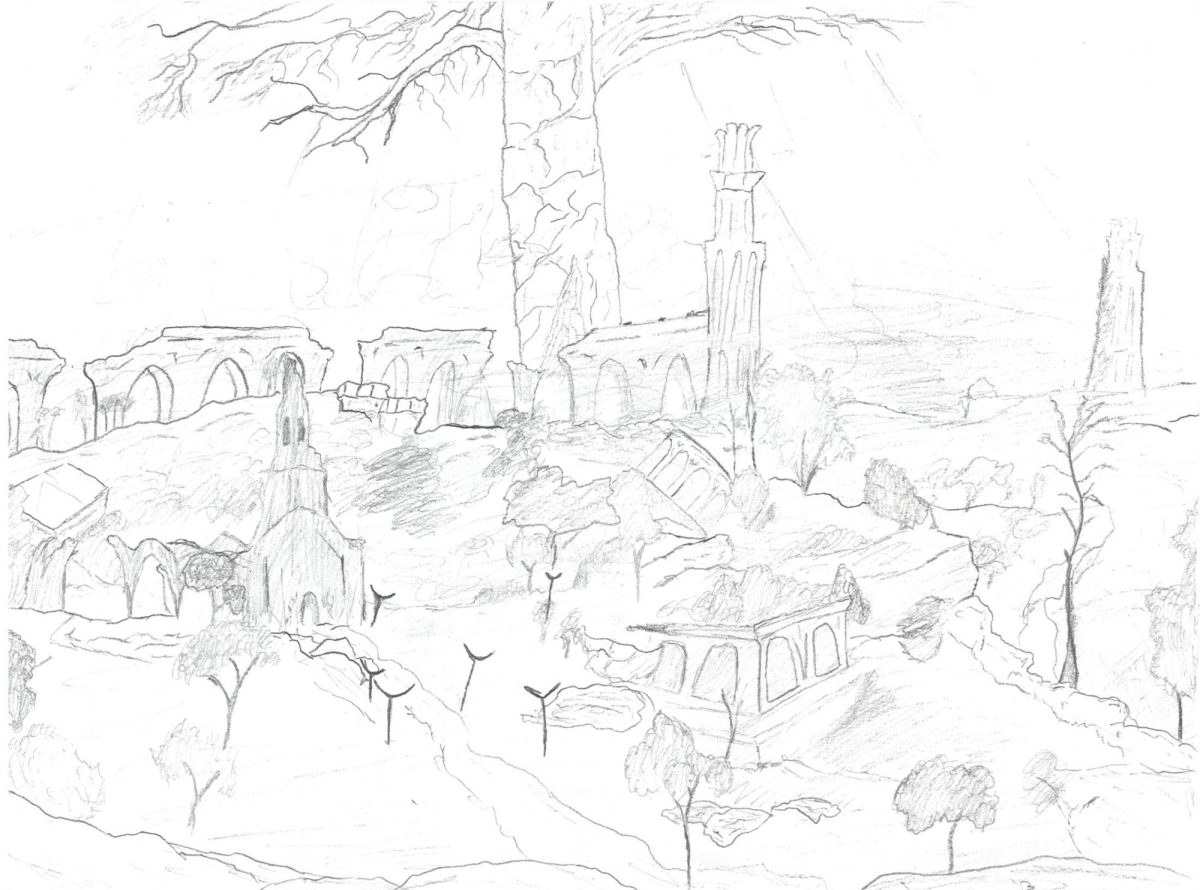
![Lesbian Visibility Day is April 26, and it’s a holiday to celebrate the lesbian community of the world. Lesbian Visibility day was established in 2008 by many queer activists and organizations who sought to raise more awareness for lesbian history and culture. “So this is why during Lesbian Visibility [Day] we celebrate and center all lesbians, both cis and trans, while also showing solidarity with all LGBTQ+ women and nonbinary people,” Linda Reily, in an article written by her, said.](https://rockmediaonline.org/wp-content/uploads/2025/04/Lesbian-Visibility-day.jpeg)
